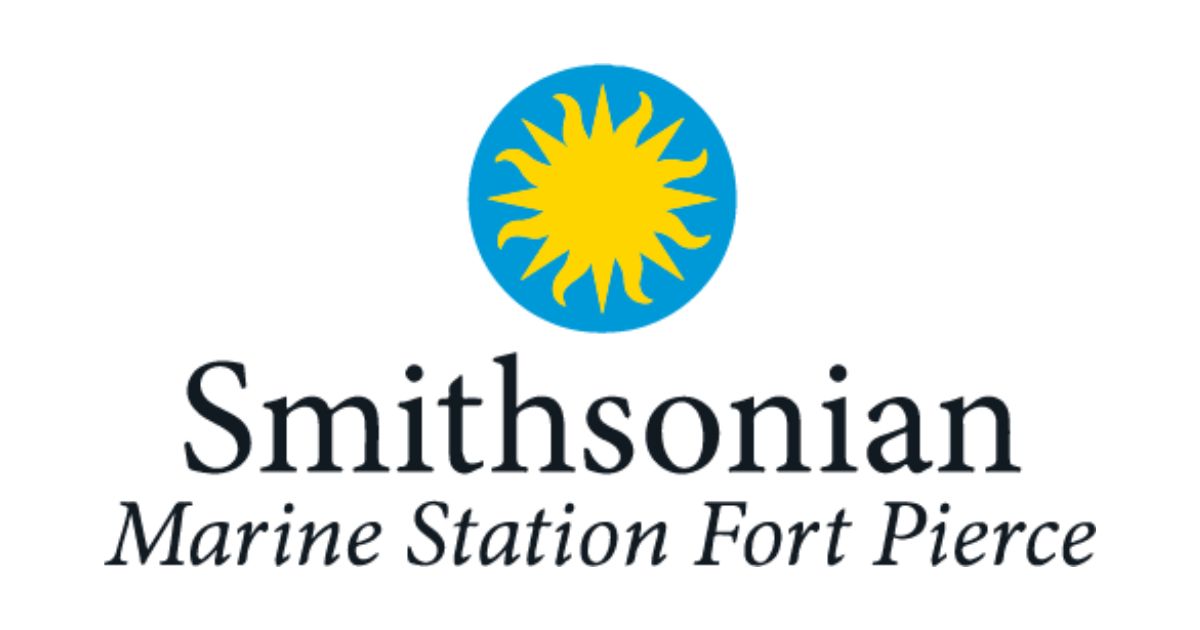Part of the Smithsonian’s National Museum of Natural History, the Smithsonian Marine Station (SMS) is a research facility specializing in marine biodiversity and the ecosystems of Florida. SMS is located on the Indian River Lagoon estuary on South Hutchinson Island, Fort Pierce, Florida.
Project description:
A paid research internship is available in the Benthic Ecology Laboratory at SMS. Research will focus on characterizing benthic infaunal communities from the Indian River Lagoon and St. Lucie Estuary as part of a long-term monitoring project under the Comprehensive Everglades Restoration Plan (CERP). Authorized by the U.S. Congress in 2000, CERP is the largest hydrologic restoration plan ever enacted in the United States. The intern will assist with research to evaluate ecosystem health that will inform CERP restoration efforts and adaptive management. This internship is largely lab-based with occasional field work. Visit us on Twitter (@BenthicBrigade) and Instagram (@smithsonianbenthicecology) for more information.
Learning objectives:
The intern will gain experience with benthic infaunal community ecology, long- term monitoring approaches for ecosystem restoration, museum collection techniques, and documenting biodiversity using traditional and modern approaches. The intern will complete an independent project related to the program goals and produce a scientific poster on major findings.
Qualifications:
- Bachelor’s degree in marine biology, environmental science, or a related field.
- Experience with marine invertebrate identification using dichotomous keys and field guides.
- 6+ months of experience with light microscopy, including the ability to sit for prolonged periods of time, good hand-eye coordination and attention to detail.
- Enthusiasm, initiative, and capacity to work independently and as part of a team.
- Familiarity with Microsoft Excel.
- Ability to lift 50 lbs. and perform field work on small vessels in variable Florida weather.
Preference will be given to applicants with some prior experience or interest in photomicroscopy, and with some knowledge of estuarine ecology and restoration.
Timetable:
Flexible start date in late August / early September 2022. 40 hr/wk commitment required.
Duration:
12 weeks, with possibility of extension or transfer to a longer-term appointment, based on performance and available resources.
Compensation:
Weekly stipend of $720 (does not include housing or benefits). All research equipment and supplies will be provided.
To apply:
Send statement of research and career interests, CV and contact details for 3 references to Dr. Holly Sweat (This email address is being protected from spambots. You need JavaScript enabled to view it.). Incomplete applications will not be reviewed.





